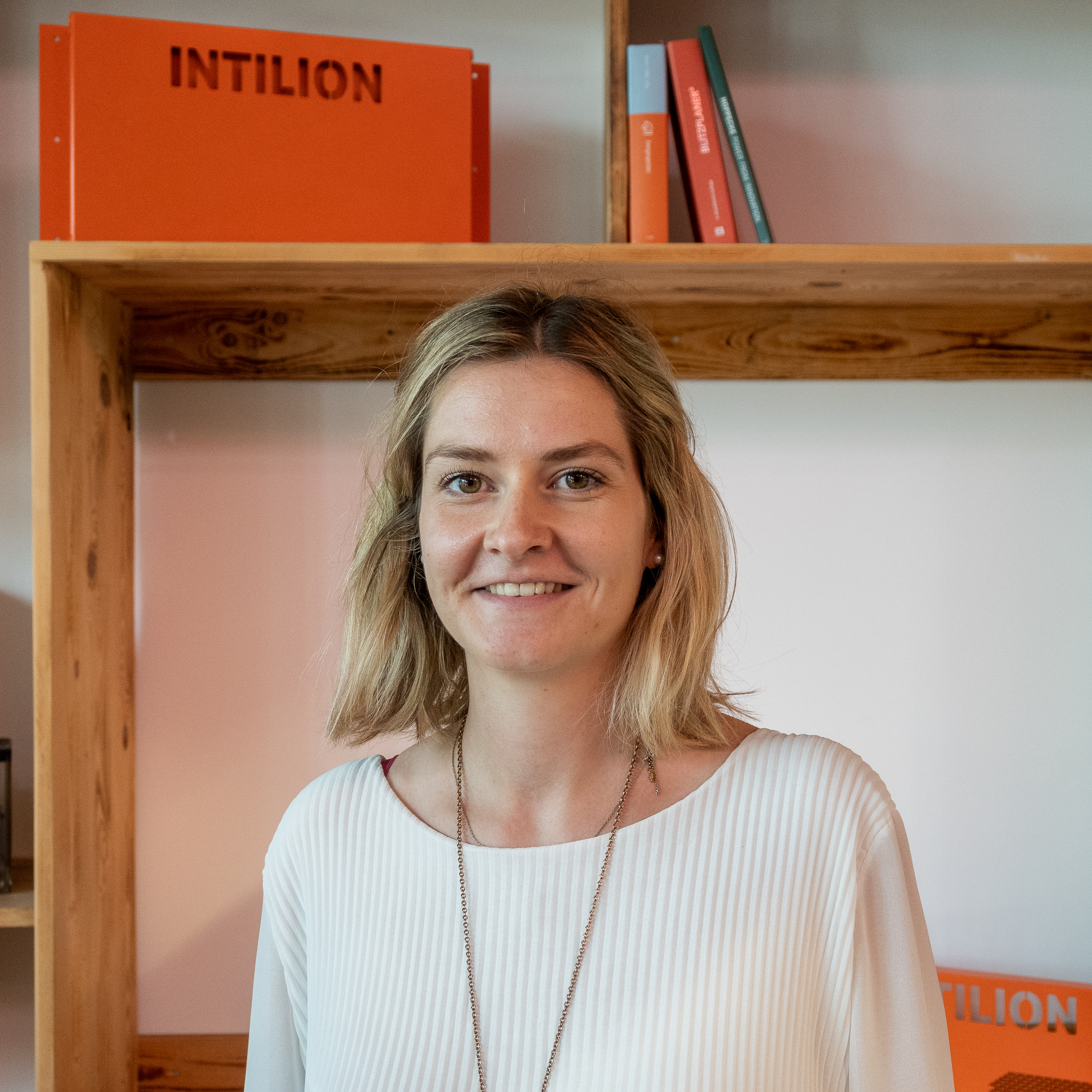(translated from German. Original below) New research project “INZELL” launched – development and testing of grid support and system service provision by Max Bögl industrial cell with islanding capability and renewable energies


The new federal research project entitled “Grid support and system service provision by an industrial cell with islanding capability and renewable energies”, INZELL for short, has been launched. The focus is on investigating issues and research aspects related to the optimized interaction of different generation plants, storage facilities and load management systems. The aim is to enable stand-alone operation of the Max Bögl Group’s industrial cell in the event of supply interruptions and to help ensure the stability of the public power grid more cost-effectively. Industrial operations are thus increasingly becoming a key component for the successful and cost-effective implementation of the energy transition. The research project has a duration of 3 years and is funded by the BMWi with a total volume of 1.65 million €.
As project coordinator, the Ostbayerische Technische Hochschule (OTH) Regensburg is leading the federal research project together with Max Bögl Wind AG. The Technical University of Munich (TUM), the Technical University of Clausthal (TUC) and the Zentrum für angewandte Energieforschung Bayern e.V. (ZAE) are supporting the project as research partners. Other industrial partners include INTILION GmbH, Bayernwerk Netz GmbH, Bredenoord BV, OMICRON electronics Deutschland GmbH and Siemens Gamesa Renewable Energy GmbH & Co. KG.


With the INZELL research project, the consortium around Max Bögl Wind AG and OTH Regensburg has set itself the goal of developing an automated plant deployment planning system as well as a grid manager, which together are to identify the possibilities for system service provision and thus for grid support by Max Bögl’s industrial cell on the one hand and to test island grid operation on the other. The project stands out due to the planned testing of the developed grid manager in field trials. In the process, the industrial medium-voltage grid will be driven into blackout in a controlled manner. The innovative interaction of the battery storage system with a wind energy plant and the other RE plants and consumer loads will then ensure the reconstruction and operation of the island grid. A special feature is that here the consumption load clearly exceeds the battery storage capacity and the construction and operation of the island grid can only succeed together with a grid-forming control of the battery storage and a wind energy plant connected to the industrial grid. Previous stand-alone grid operation concepts are always based on a power plant (e.g., hydroelectric power plant) or a battery storage system with sufficiently large backed-up capacity. This is not the case here; the new concept is unique worldwide.
With the help of a load and generation forecasting process as well as automated plant deployment planning, the grid manager is intended to provide planning security. Flexibilities in the electrical behavior of the industrial network are to be specifically detected and criteria defined for marketing the possible system services to support the public network. Conversely, power peaks are to be avoided in order to reduce electrical energy supply costs. To this end, the Max Bögl company is also developing a modular, decentralized load management system that is capable of managing the energy consumption of the various production processes. In addition to the planning side, control and regulation mechanisms are also required for stable network operation. The focus here is on grid separation and resynchronization to the higher-level interconnected grid, as well as centralized and decentralized control methods to stabilize grid parallel and island grid operations in the event of forecast fluctuations and unforeseen events.
“Industrial companies can make an essential contribution to the energy transition and serve as stability anchors for a future cellular and decentralised energy system. They are increasingly being recognised as a key building block for making the energy transition more cost-effective,” says Mr Josef Bayer of Max Bögl Wind AG.
Authors: FENES, Hermann Kraus, project partner INZELL
Note: This press release was translated from German into English by Intilion. Download Orig. Press Release ›



